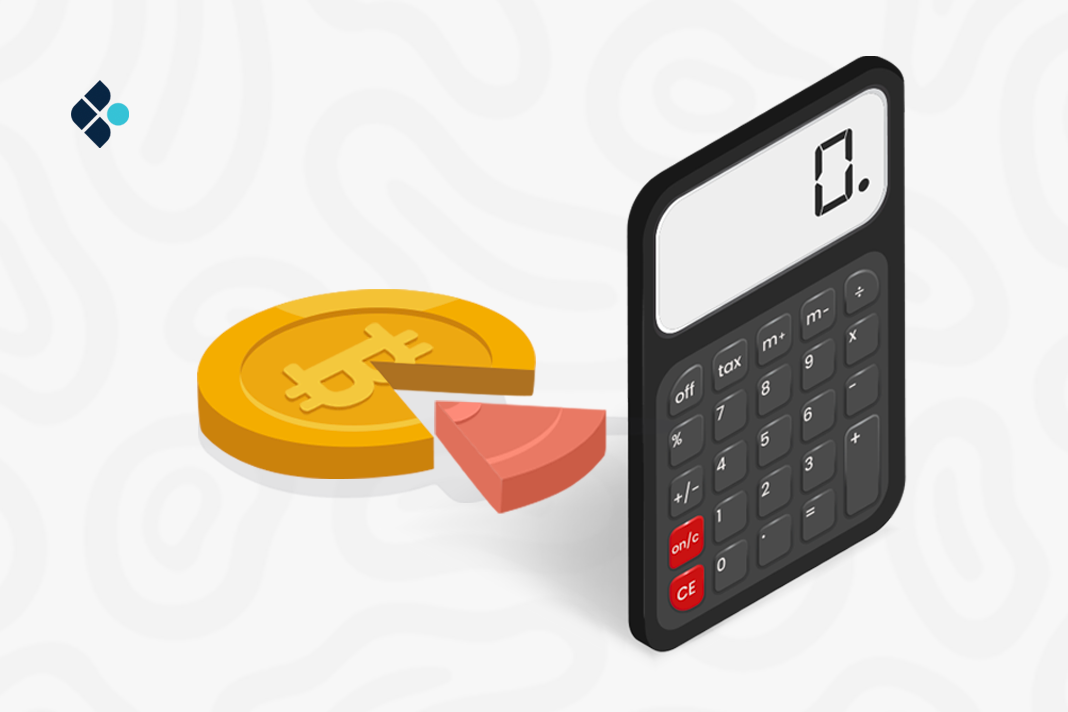Selling Bitcoin can bring gains, and we’re all for that, but it’s also important to know that this also comes with some tax considerations. Understanding these implications is important for anyone looking to cash in on their digital investments.
In this article, I’ve broken down the complex world of taxes into 10 digestible points for a smooth selling experience. Let’s take a brief look;
- Know Your Gains
- Short-term vs Long-term Gains
- Tax Rates vary
- Reporting Transactions
- Tax Deductions and Losses
- Gifts and Inheritance
- Using Bitcoin for Purchases
- Seek Professional Advice
- Stay Updated on Regulations
- Plan Ahead
Let’s take a deeper dive in, shall we?
10 Tax Implications to Consider When Selling Bitcoin
1. Know Your Gains
When you sell your Bitcoin, the difference between the selling price and the price at which you bought it is considered your gain. For instance, you bought a Bitcoin worth $10,000 and sold it for $20,000. Your gain on it is $10,000, and it is taxable. So, you have to pay tax on the extra money you make on it.
2. Short-term vs Long-term Gains

If you’ve had a Bitcoin for a short period of time, like a few months, and you decide to sell it, the gain you earn over it is called the short-term gain.
Long-term gain, on the other hand, is the gain you’ve earned from holding your Bitcoin over a long period of time. Whether you hold your Bitcoin for a short period or a long period, both are subject to being taxed.
3. Tax Rates Vary
Depending on where you live, the rules (tax rate) on how much you have to pay for the money you make from selling Bitcoin can be different. The tax rules on selling Bitcoin in Nigeria will definitely vary from the rules in the United States.
4. Reporting Transactions
The taxation on cryptocurrency can be really complicated, and it is advisable to keep a comprehensive record when buying, selling or exchanging.
While this can be exhausting and not-so-easy, there are some tools available to help you keep track and report your taxes.
5. Tax Deduction and Losses
In the case of losses from the sale of Bitcoin, it is important to start looking at possible ways of offsetting gains from alternative investments. The use of this method helps to reduce taxable income. Long-term losses can be used to offset short-term gains, while short-term losses can be used to balance long-term crypto gains.
6. Gifts and Inheritance
Gifting or inheriting Bitcoin might also mean you have to pay taxes. To avoid surprises, thorough research on tax rules in your country is vital.
7. Using Bitcoin for Purchases
When you exchange Bitcoin for goods and services, you are taxed on the gain in value the cryptocurrency experienced between the time you made the purchase and the time it was exchanged.
8. Seek Professional Advice
Given the delicate nature of tax laws, particularly regarding cryptocurrency transactions, it is a good idea to consult a tax professional who specialises in this area. They can guide you through the rules and save you some money.
9. Stay Updated on Regulations

Cryptocurrency tax rules keep evolving. It is vital to stay informed on the latest updates to avoid any unforeseen tax challenges.
10. Plan Ahead
It’s wise to plan your Bitcoin sales strategically, considering tax implications. When you plan carefully, you get to minimise your tax burden and also make informed decisions.
Frequently Asked Questions (FAQs) About Tax Implications to Consider when Selling Bitcoin
How can I prepare for Bitcoin-related tax obligations?
Stay informed about the latest tax regulations related to cryptocurrency. Plan your Bitcoin sales strategically to reduce tax liability, and don’t forget to keep a track record of your Bitcoin transactions.
Do I need to pay taxes if I transfer Bitcoin between my wallets or accounts?
Generally, transferring Bitcoin between your own wallets or accounts doesn’t call for taxation. Taxation only occurs when you sell, exchange or use your Bitcoin for purchases.
How does the country I reside in affect my Bitcoin tax obligations?
Tax obligations may vary depending on the country you reside in. Different countries have their separate tax laws when it comes to cryptocurrency, so it is crucial to know the laws in your country.
How do tax laws differ for trading Bitcoin as opposed to selling it for fiat currency?
Tax regulations may differ depending on whether you trade Bitcoin (similar to stocks) or sell it for traditional currency. Trading may have different tax consequences than selling for cash.
Can I be taxed on Bitcoin I haven’t sold if its value increases?
Yes, some countries tax unrealised gains in cryptocurrencies. If the value of your Bitcoin increases, you may be taxed even if you haven’t sold it.
Conclusion
It’s a wrap, guys! You may not have all the information when it comes to selling your Bitcoin, but there are tax implications, and you should definitely know of them. These ten tax tips give a clear roadmap for a successful Bitcoin selling journey. But don’t feel like you know it all already.
Reaching out to a cryptocurrency tax expert is also a wise step to sail through the complex world of tax regulations. After consideration of tax rules, you can still maximize profit when you sell on reliable platforms like the Breet app.
Happy Selling!
